Celebrate Juneteenth with Norwescap! Join us for a vibrant celebration of freedom, history, and community at the 4th Annual H3AL Juneteenth Celebration! Mark your calendars for June 16th at Memory Park, 66 Moran St, Newton, NJ, from 1 PM to 5 PM, for an afternoon filled with inspiring speakers, amazing performances, local vendors, and a captivating art exhibit. This event is an opportunity to come together and honor our shared history and community. If you’re interested in vending, speaking, or performing, please email Brittany Barthelemy at barthelemyb@norwescap.org.
At Norwescap, we are committed to justice, equality, and community healing. By celebrating Juneteenth, we honor the past, embrace the significance of this day, and work together for a brighter future. We look forward to seeing you at Memory Park on June 16th for an inspiring and uplifting celebration. Together, we can make a difference and build a more just and equitable society for all.
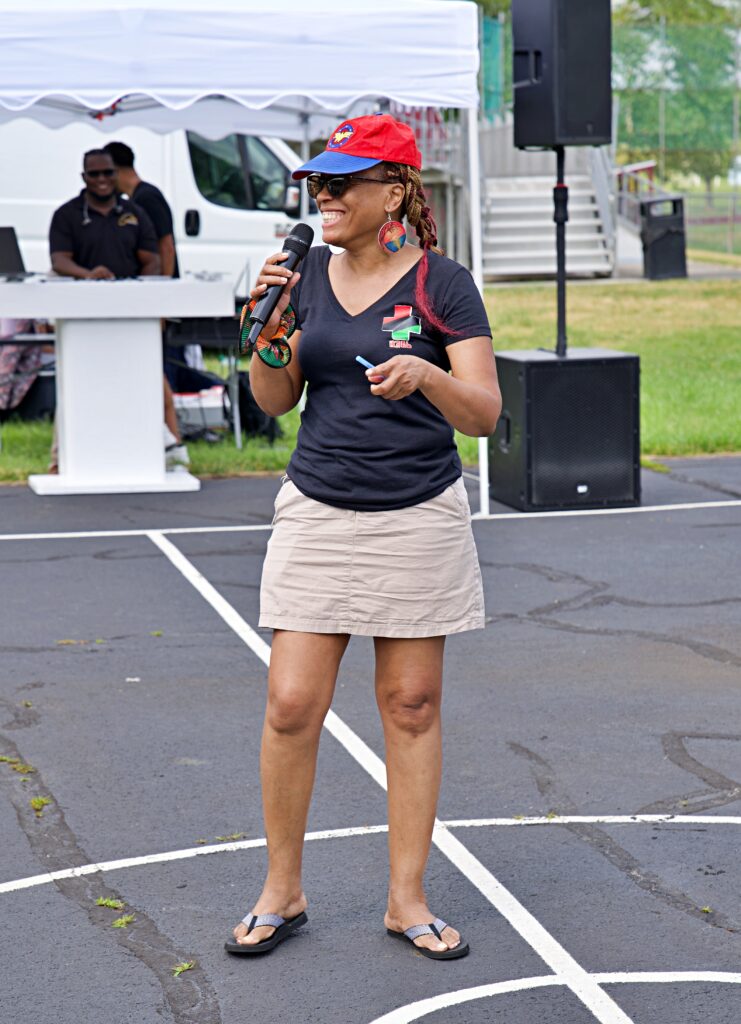
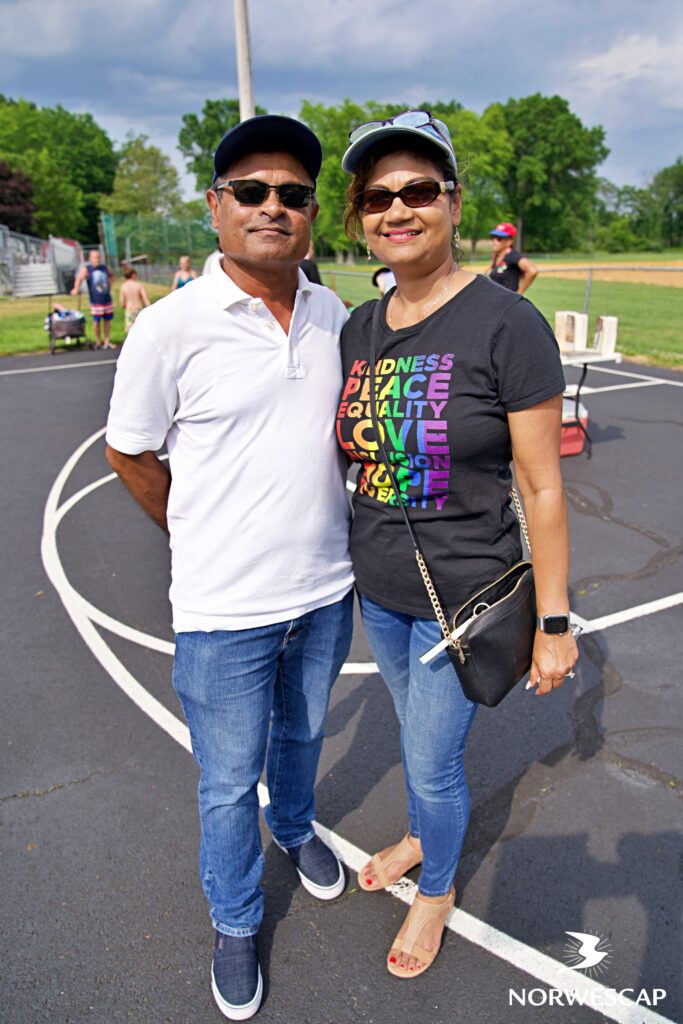
The History & Why Norwescap Celebrates Juneteenth
Juneteenth is celebrated on June 19th, marking the day in 1865 when enslaved people in Galveston, Texas, finally learned they were free—a full two and a half years after President Abraham Lincoln’s Emancipation Proclamation which had legally freed slaves in the Southern states. Also known as Freedom Day or Emancipation Day, Juneteenth commemorates when Union General Gordon Granger arrived in Galveston to make the delayed announcement. Why such a delay in communication? It was due to the slow spread of information and resistance from slaveholders. But in our current times of social sharing, let’s be intentional in the spreading of good news!
Just as the news brought joyous celebrations and spontaneous gatherings 159 years ago, with former slaves celebrating their newfound freedom with prayer, feasting, song, and dance – the tradition continues. Over the years, Juneteenth has evolved into a day of reflection, education, and celebration of African American culture and achievements. This day is a powerful reminder of the long, ongoing struggle for justice and equality in America.
Juneteenth is more than a historical milestone; it is a celebration of resilience, culture, and progress. It is a reminder of the ongoing fight for equality and justice. This day honors the strength and perseverance of African Americans and serves as a platform to educate and inspire future generations.
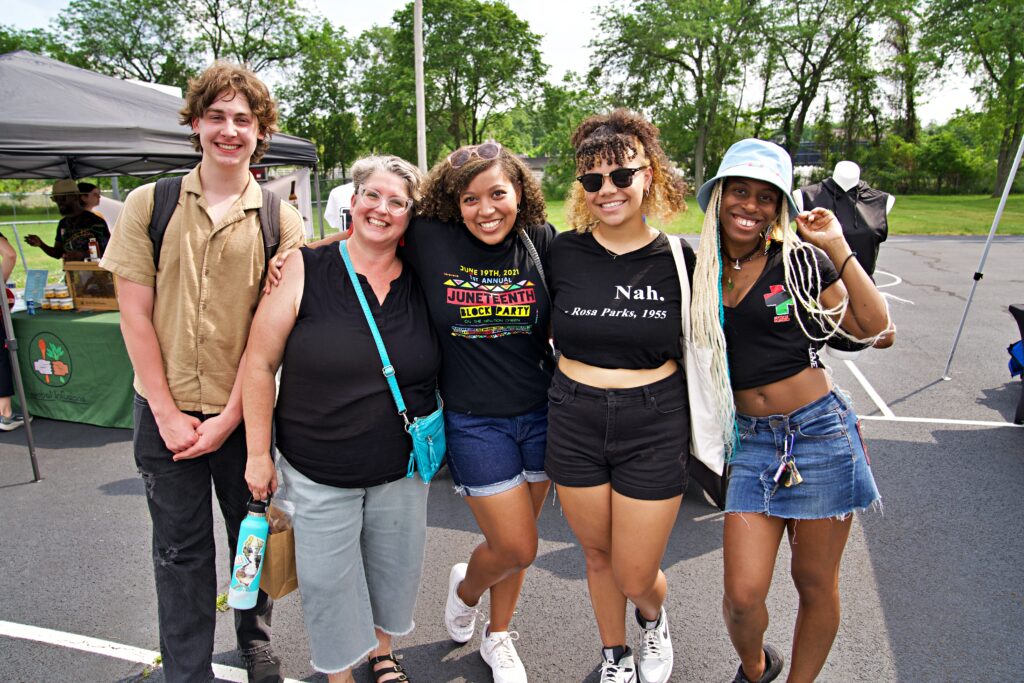
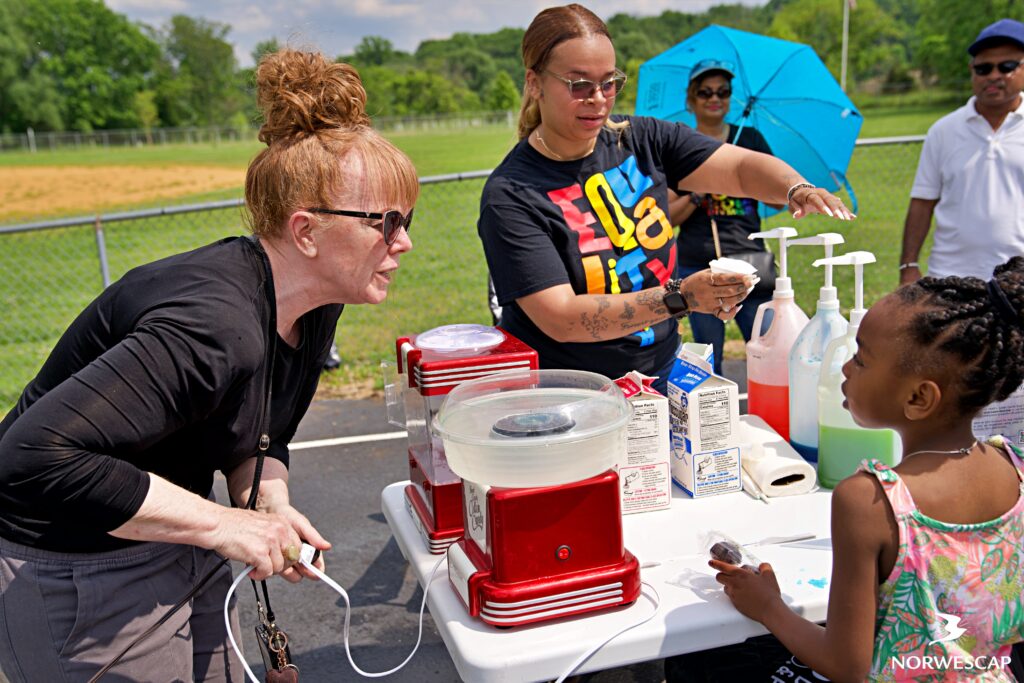
Why Juneteenth Matters to Norwescap
Norwescap is deeply committed to addressing systemic racism and promoting equality. As the administrator of “The H3AL Network,” a Black advocacy group, we take an intersectional approach to collective healing. H3AL (Highlighting Equality & Equity through Education, Advocacy & Love) is dedicated to empowering the Black community and providing resources to foster positive community outcomes and growth.
Our mission at Norwescap aligns perfectly with the spirit of Juneteenth. We believe that by acknowledging the past and educating ourselves, we can pave the way for a better future. The work of combating systemic oppression requires continuous effort and dedication. We strive to be proactive in addressing racism and its impact on our communities.
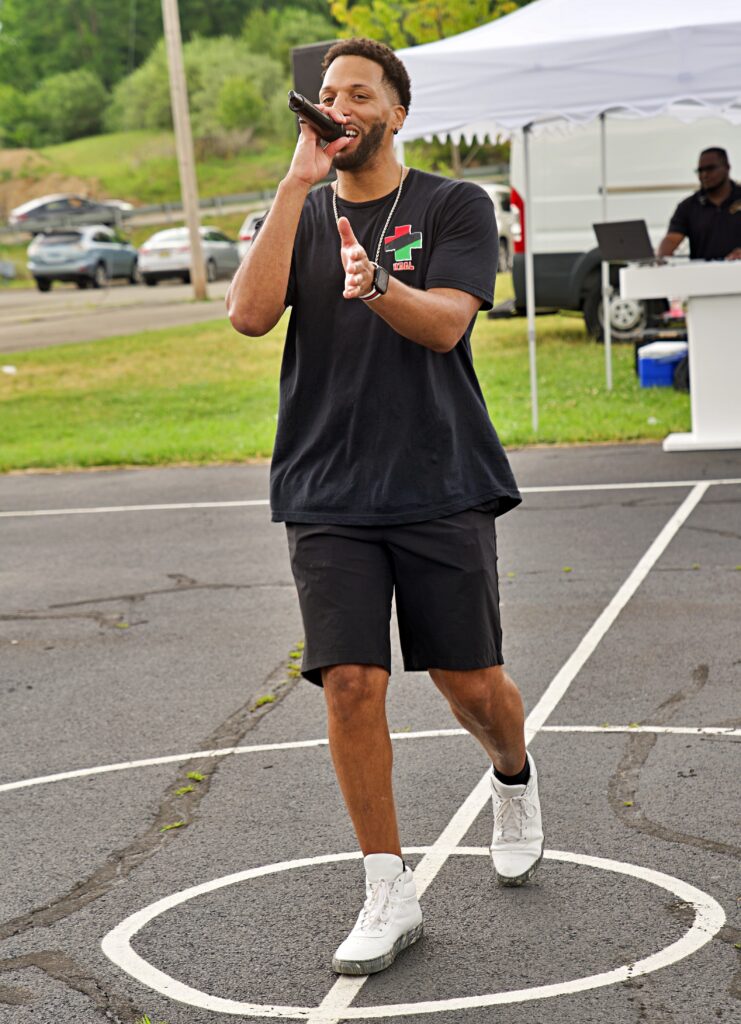
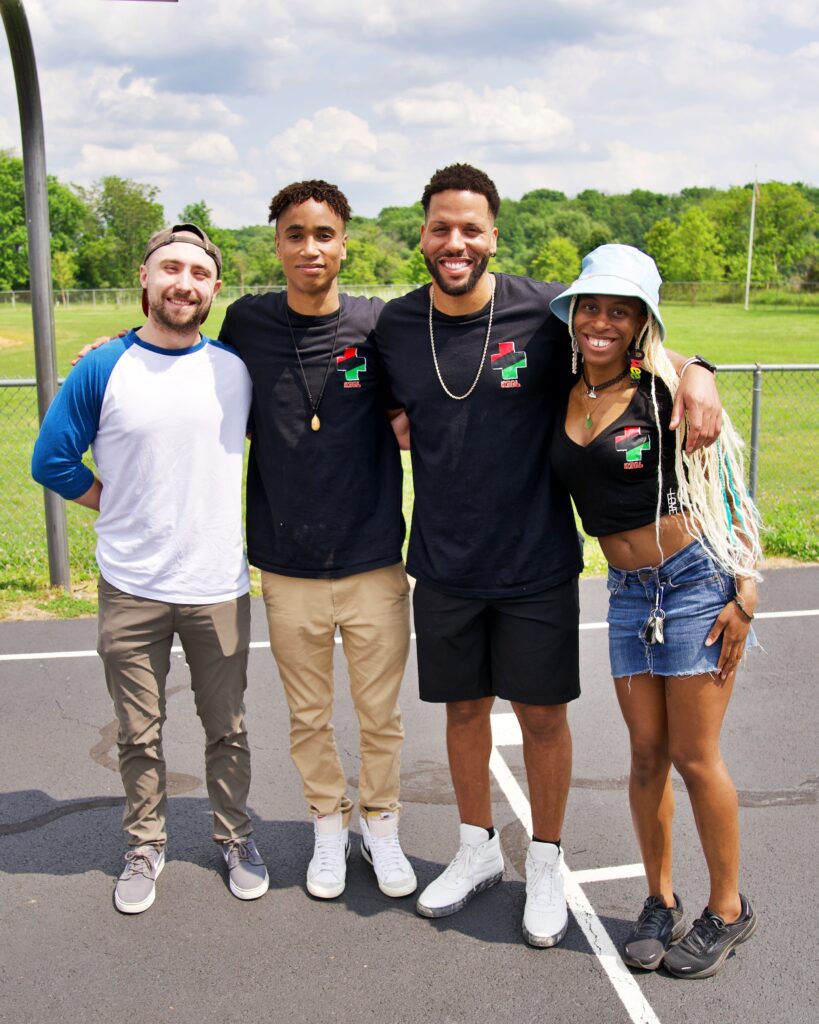
The Myth of the Zero-Sum Game in Racial Justice
In her 2021 book The Sum of Us: What Racism Costs Everyone and How We Can Prosper Together, Heather McGhee challenges the pervasive notion of the zero-sum game, where gains for one group must come at the expense of another. McGhee argues that this belief is not only false but also detrimental to societal progress. She explains that the zero-sum mentality fuels division and hinders collective growth. Instead, McGhee proposes that addressing systemic racism and inequality can lead to widespread benefits, creating a more prosperous and equitable society for all.
“Zero-sum” is a term used to describe a situation in which any gain by one party must come at an equivalent loss to another party. It originates from game theory and economics, where it refers to scenarios where the total amount of resources remains constant, and one person’s gain is exactly balanced by another person’s loss. In broader contexts, such as social and economic policies, the zero-sum concept implies that benefits to one group necessarily come at the expense of another. This belief fosters a competitive rather than collaborative approach to resource distribution, suggesting that improving conditions for one group means worsening conditions for another. This perspective can hinder efforts toward equity and inclusion by creating opposition to changes that are perceived as taking away from those who are more privileged.
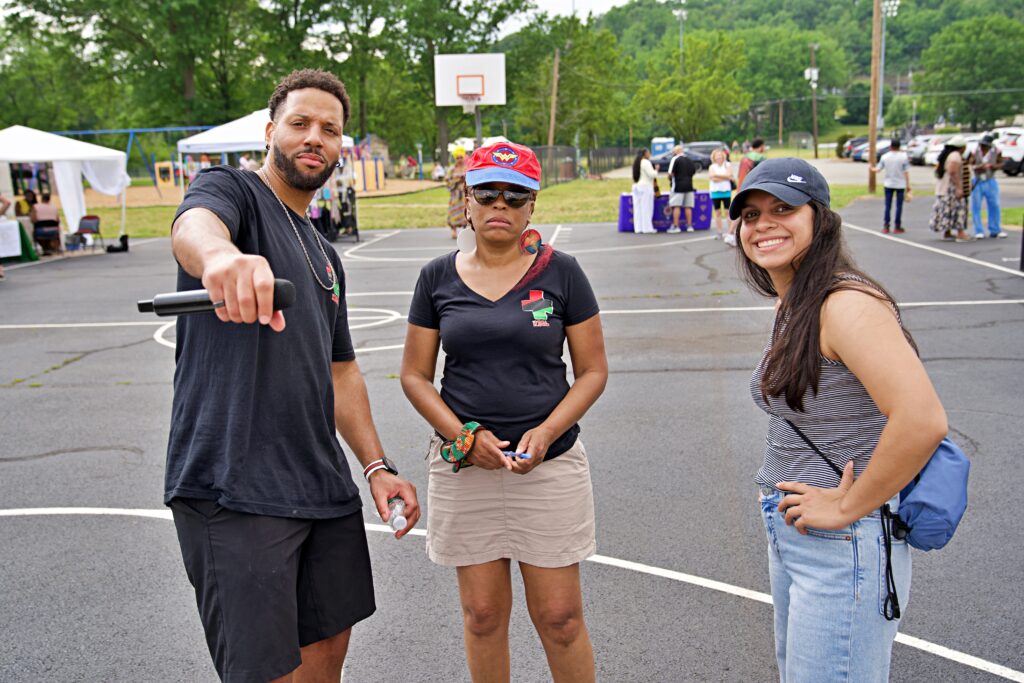
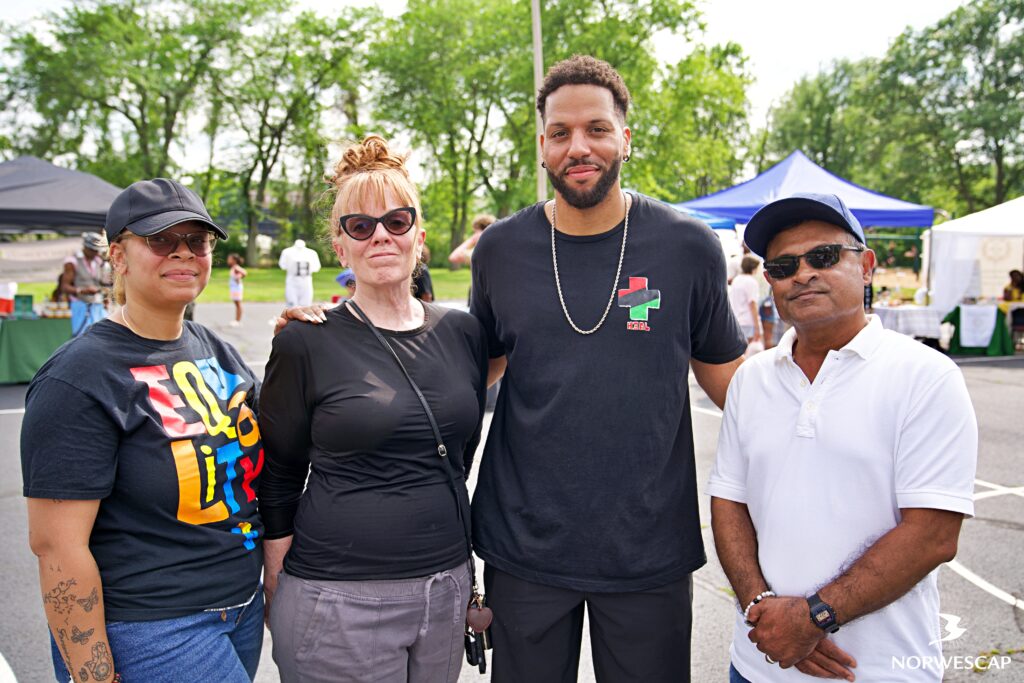
One of McGhee’s compelling examples is the story of public pools in the United States during the 20th century. When desegregation laws mandated that public pools be accessible to all races, many communities chose to fill in or close the pools rather than allow Black people to swim alongside white people. This decision deprived everyone of a valuable public resource. McGhee highlights that the zero-sum thinking led to a loss for the entire community, not just the Black residents. By contrast, had the pools remained open to all, the shared enjoyment and health benefits would have enriched the community as a whole.
McGhee also explores the broader economic implications of this mindset. She cites studies showing that closing the racial wealth gap would significantly boost the U.S. economy. For instance, if the average Black household had the same amount of wealth as the average white household, the entire economy would grow by an estimated $1.5 trillion by 2028. This demonstrates that fighting racial inequities can lead to shared prosperity, rather than taking away from any group. As McGhee eloquently puts it, “There’s no need to choose between what’s good for Black people and what’s good for the country. What’s good for Black people is good for the country.”
By debunking the zero-sum myth, McGhee encourages a shift towards an inclusive mindset where dismantling racism is seen as a collective benefit. She emphasizes that when we lift up the most marginalized, we all rise. This perspective aligns with Norwescap’s Anti-Racism Resolution to address racial disparities and promote social justice through our work empowering individuals and families as they move from challenges towards a thriving future. As our mission was developed in 1965 through the values imbued during our Civil Rights Movement, it aligns with debunking the zero-sum theory, which suggests that gains for one group come at the expense of another. We believe that all of humanity can prosper when we care for one another and create equal opportunities for everyone. By working proactively together to dismantle systemic oppressions still present, we can create a more equitable society that benefits everyone, proving that the fight for racial justice is a win-win for all communities. Norwescap is committed to creating a more just and equitable society. We are dedicated to driving progress in the communities we serve. Our commitment to our community is unwavering, and we strive to support individuals on their journeys to stability.
In observance of Juneteenth, Norwescap offices are closed. Join us in celebrating freedom, history, and community as we work towards a more just and equitable society for all.
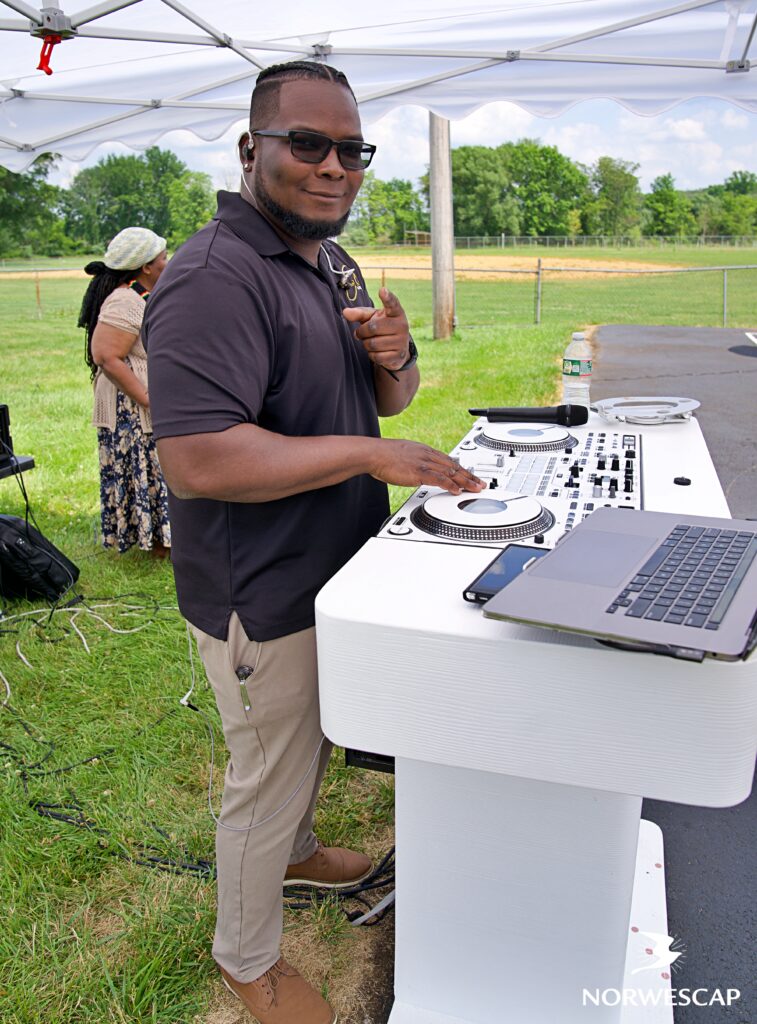
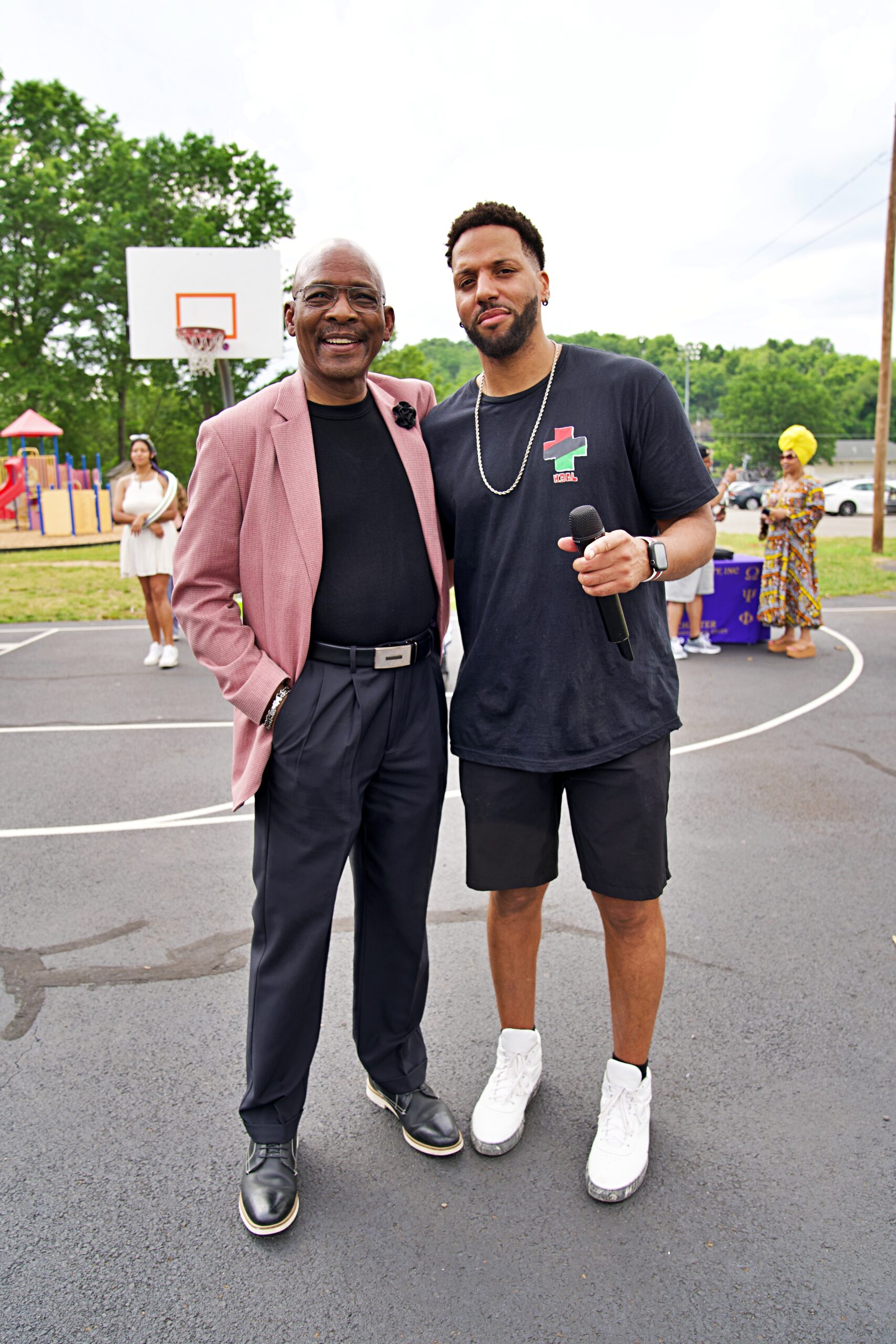
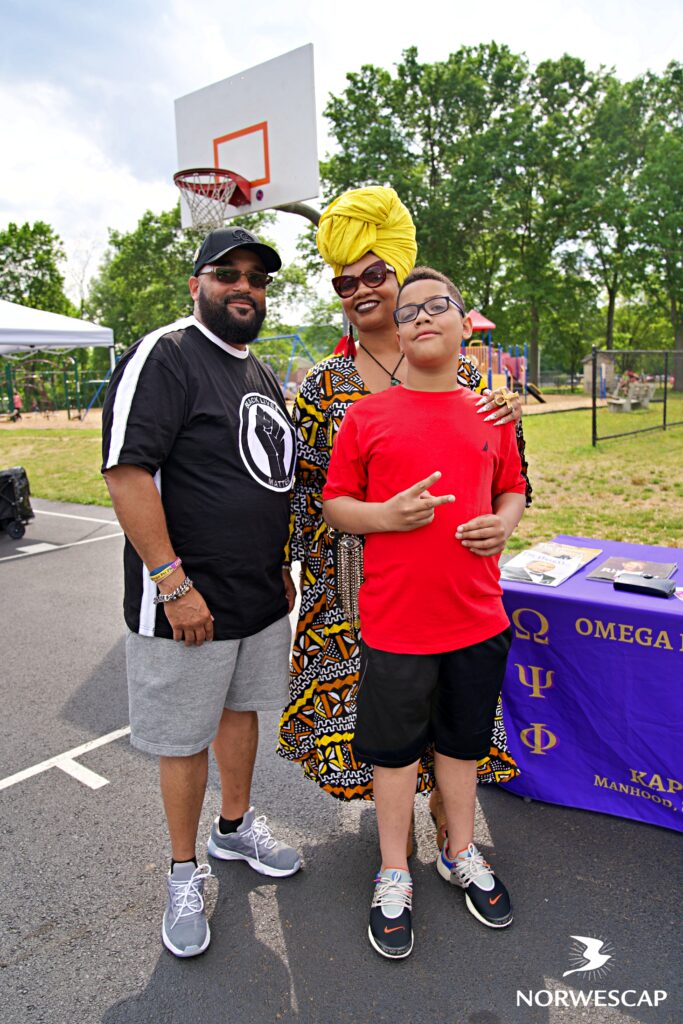
by Dawn Hartfelder – updated 6/11/2024
Ready to take action? Support Norwescap’s mission today:
- Stay Connected: Join our Norwescap Newsletter for updates on our work and ways to get involved. Sign Up
- Follow Us: Stay up-to-date with Norwescap on our social channels: YouTube, Instagram, Facebook, and LinkedIn.
- Learn more: Learn more about The H3AL Network – Highlighting Equality & Equity through Education, Advocacy, & Love at their Facebook: The H3AL Network on Facebook

